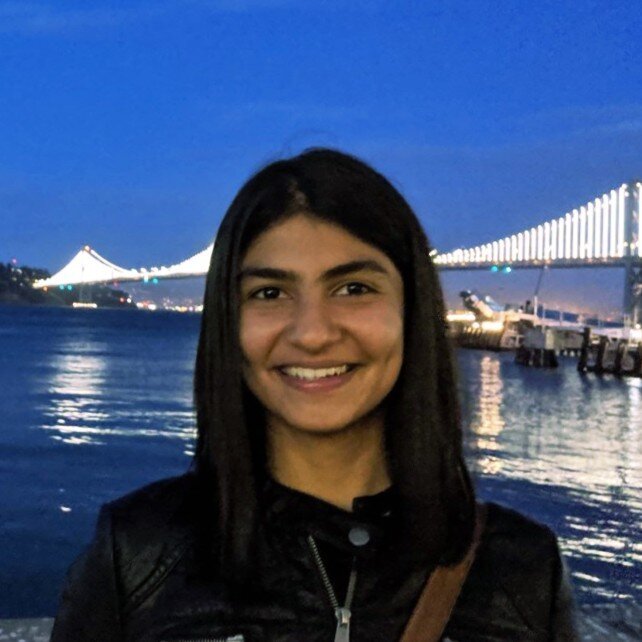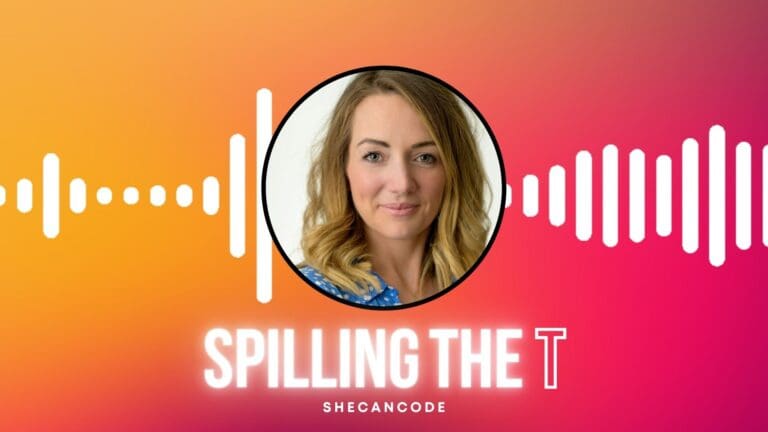Read our curated list of topics, resources, and questions.
Interviewing is a grueling process, especially during COVID. I recently interviewed with Microsoft (Data Scientist ll), Amazon (Applied AI Scientist), and Apple (Software Development: Machine Learning).
Though all these interviews differed a bit, the basic questions asked were the same. During the process, I curated this list which would help you pass all ML interviews.
NOTE: This list is just for end moment revising
Machine Learning

- Linear, Logistic regression
- Naive Bayes
- SVM / Kernel–
- Random Forests, decision Trees, Boosting, Bagging, Xgboost- StatQuest Youtube videos
- EM Algorithm
- K means
- K nearest neighbors
- Evaluation Metrics (scroll to the definition section, you need to know the confusion metrics, precision, recall, type I, type II, FP rate, sensitivity)
- Regularization (L1,L2, Why is L1 sparse?)
- Bias Variance Trade off
- Dimensionality Reduction
Deep Learning

The first thing I would suggest to do is to go through all the deeplearnig.ai courses which are pretty basic. If someone already publishes/ works in these topics they might just skip watching all the videos and can go through the following questions/ resources
- Know what is- K fold cross-validation, dropout, batch norm [Difference between batch norm and layer norm], early stopping
- Weight decay
- Calibration (Look to what is calibration and ECE score)
Transformer - Attention (Multi-head, single head) Different Optimizers (Important are- Gradient descent, Adam, RMSprop, Adagrad, Adamax)
- Initialization
NLP
For NLP CS224 covers the basics of NLP with Deep Learning. This might cover 3/4 of the questions asked in an interview. Other questions are usually more state-of-the-art models as the interviewer wants to check how updated you are.
Different types of embeddings (Bag of words, TFIDF, Word2vec(skipgram[How is it trained], pre-trained (Google word2vec, Stanford Glove, fasttext, ELMo))). Need to know how incremental changes were brought into place.
Other topics
- Linear Algebra
- Probability basics
- Stats – I had taken a graduate-level Statistics class so I didn’t need to brush this up but Khan Academy is a very good source for learning basics with examples.
These are the topics which are asked in all interviews, obvious then some questions were specific to research I had done. There were also live coding rounds both of algorithms and NN models. Let me know if I missed something.

Thank you to Purvanshi Mehta for letting us publish her blog. You can follow Purvanshi on Medium








